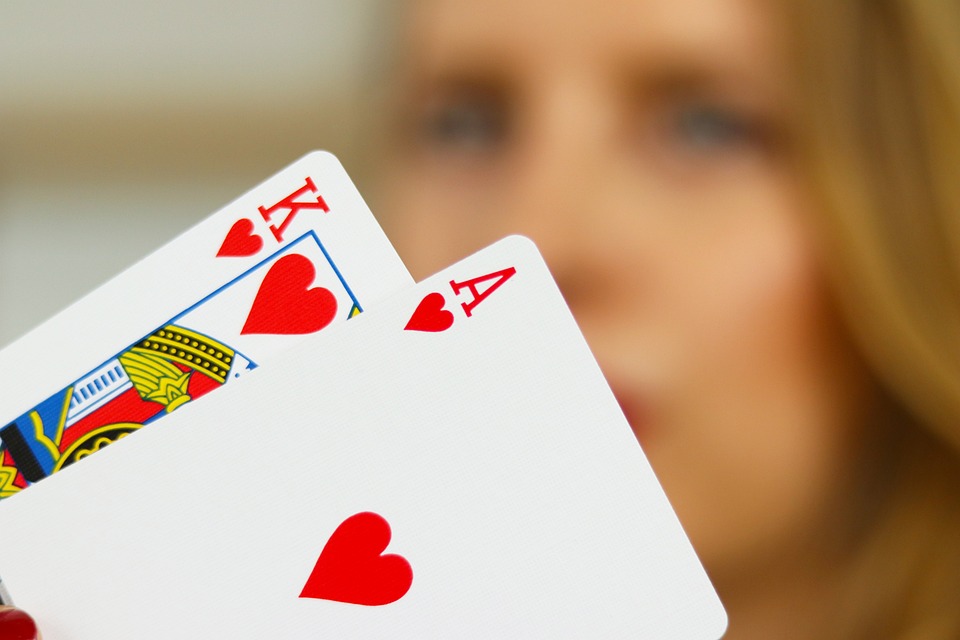Take your bets to the table
Poker is a timeless game that has intrigued players for centuries. It combines strategy, psychology, and probability. And that’s why we usually have different profiles of players for poker games and games like Dragon Slots login. In poker, skill is key, but luck plays a big role too. This balance makes the game both complex and exciting. The clash of luck and skill keeps players guessing. To master poker, you must see how luck shapes short-term outcomes and how skill drives long-term success.
Luck in Poker: The Unpredictable Element
In poker, luck comes from the randomness of the cards and the actions of opponents. It plays a big role in short-term outcomes. A beginner can beat an expert if the cards fall in their favor. This unpredictability makes poker thrilling and inviting for new players. Anyone can win in the short run.
A clear example of luck is the “bad beat.” This happens when a weaker hand defeats a stronger one against the odds. For instance, a pair of aces might lose to a straight or flush completed on the river. These moments show how chance can overturn even the best strategies.
Over time, though, luck matters less. In one game or tournament, luck can dominate. But across thousands of hands, skill shines through, and patterns reveal who the better players are.
Skill in Poker: The Long-Term Equalizer
Skill in poker covers many abilities. These include calculating odds, reading opponents, managing bankrolls, and making smart decisions with limited information. A skilled player uses these tools to reduce luck’s influence and find ways to gain an edge.
One key aspect of skill is Expected Value (EV). Good players make decisions with positive EV, even if they don’t always win in the moment. For example, folding a weak hand instead of chasing a low-probability draw shows discipline and an understanding of odds—traits of a skilled player.
Another vital skill is reading opponents. This means studying their betting patterns, spotting habits, and exploiting weaknesses. Unlike luck, which can’t be controlled, this skill improves with practice. There’s a big difference between casual players and pros.
In the long term, skill beats luck. Studies show that players who use optimal strategies consistently perform better over many hands. While luck can sway short-term results, skill shines over time as the decisive factor in success.
Balancing Luck and Skill
The interplay of luck and skill in poker creates a dynamic tension that keeps the game engaging. If poker were purely a game of skill, it might deter casual players who lack the expertise to compete. Conversely, if it were entirely dependent on luck, the game would lack depth and strategy, reducing its appeal to serious players.
This balance is what makes poker unique compared to other games of chance. In a game like roulette, no amount of skill can influence the outcome of a spin. In chess, skill entirely determines the outcome, as there is no randomness involved. Poker occupies a middle ground, where both elements coexist and contribute to its complexity.
Lessons from the Luck vs. Skill Debate
The debate over luck and skill in poker goes beyond the game. It offers lessons for life. Success often comes from effort, preparation, and circumstance. Just as poker players manage variance, people must balance skill and chance in their lives.
Poker teaches resilience after setbacks. It shows the value of focusing on good decisions, not just outcomes. A bad beat may be bad luck, but making smart choices leads to long-term success. Poker also reminds us that luck can favor less skilled players at times. This teaches humility and the need for constant growth.
Poker Game
Poker’s mix of luck and skill is what makes it so captivating. Luck influences short-term results and creates exciting moments. But in the long run, skill decides success. By learning strategy and staying disciplined, players can reduce luck’s impact and reach their potential.
This balance reflects life itself. We can’t control everything, but our choices and efforts shape our journey. Whether in poker or life, understanding luck and skill helps us face challenges with confidence and focus.



